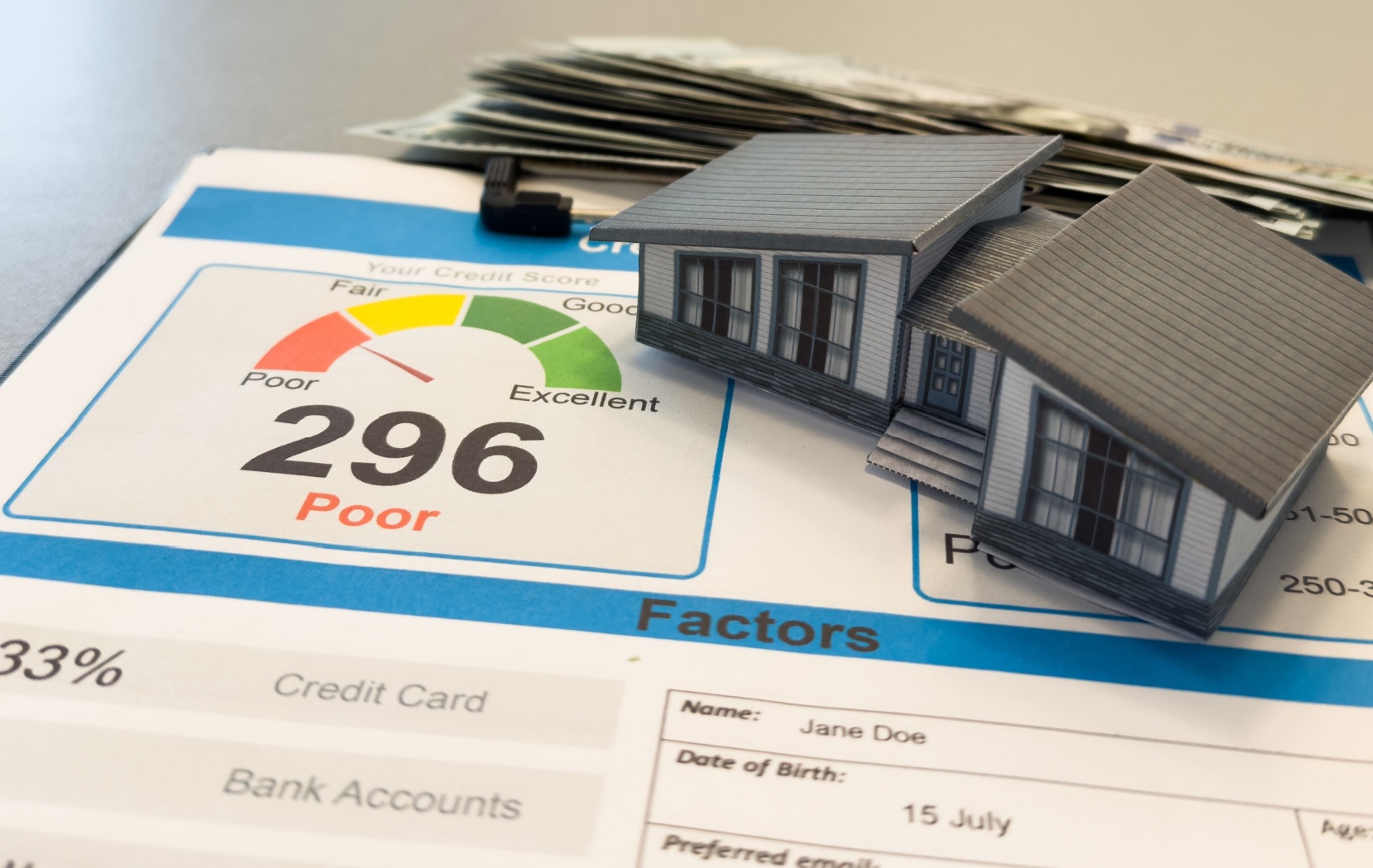Applying for a mortgage is a big financial step, and having bad credit can make it feel even more daunting. If you’re wondering whether homeownership is still within reach with less-than-perfect credit, the good news is that it’s possible! While challenges exist, there are ways to overcome them with the right support, preparation, and information.
What Is Considered Bad Credit?
First, it helps to understand where your credit score falls:
- Excellent: 760+
- Very Good: 725–759
- Good: 660–724
- Fair: 560–659
- Poor: Below 560
Traditional lenders, such as major banks, typically prefer a credit score of at least 600 to approve a mortgage. Falling into the “fair” or “poor” category can impact your ability to secure a mortgage, as lenders may see you as a higher risk. However, this doesn’t mean your dream of becoming a homeowner is off the table.
How Does Bad Credit Impact Mortgage Approvals?
Having bad credit can result in:
- Higher interest rates: Lenders may charge higher rates to offset the perceived risk.
- Stricter requirements: You may need a larger down payment or a co-signer.
- Fewer lender options: Traditional lenders may be hesitant, but there are alternative options.
Traditional Lenders vs. Alternative Options for Mortgages
There are two main types of lenders to consider when applying for a mortgage with bad credit:
Traditional Lenders (Banks & Credit Unions)
- Credit score requirements: Most require a score of 600 or higher.
- Strict guidelines: Traditional lenders assess your credit score, income, employment history, and debt-to-income ratio.
- Interest rates: Those with lower credit scores may still qualify, though often with higher rates.
If your credit is below 600, securing a mortgage from a traditional lender may be difficult. However, alternative options are available.
Alternative & Private Lenders
Alternative lenders are often more flexible when it comes to credit requirements.
- Flexible credit requirements: Private lenders consider other factors beyond your score, such as your income and the size of your down payment.
- Higher fees: These lenders typically charge higher interest rates and upfront fees.
- Shorter terms: Loans may come with shorter terms, offering options to refinance as you rebuild your credit.
While these options may be more expensive in the short term, they can serve as a stepping stone toward homeownership while you work on improving your credit profile.

Steps to Improve Your Chances of Getting Approved
A little preparation can go a long way in improving your odds of success. Here’s how to enhance your mortgage application:
1. Check Your Credit Report
- Request free credit reports from Equifax and TransUnion.
- Look for inaccuracies or errors and dispute them if needed, as this can boost your score.
2. Pay Down Debt
- Focus on reducing high-interest debts, like credit card balances.
- Aim for a credit utilization rate of less than 30% of your credit limit.
3. Save for a Larger Down Payment
- The higher your down payment, the less risk you pose to lenders.
- A larger down payment can also improve your chances of approval and potentially lower your interest rate.
4. Avoid Opening New Credit Accounts
- Every credit inquiry or new account lowers your score temporarily.
- Steer clear of additional debts during the mortgage application process.
5. Consider a Co-Signer
- A co-signer with a strong credit profile can improve your application.
- Keep in mind that the co-signer becomes legally responsible for the loan if you’re unable to make payments.
6. Work with a Mortgage Broker
- Mortgage brokers have access to lenders who specialize in mortgages for borrowers with bad credit.
- Mortgage brokers can help you find better terms and guide you through the process smoothly.
What Documentation Will You Need?
When applying for a mortgage, be prepared to provide:
- Proof of income (pay stubs, tax returns, or employment letters)
- Employment history
- Bank statements (usually for the past 3–6 months)
- A credit report
- Government-issued ID
Having these documents ready will speed up the process and show lenders you’re serious about securing financing.
Risks & Considerations of Getting a Mortgage with Bad Credit
Mortgages for individuals with bad credit often come with risks. Be mindful of:
- Higher interest rates: These can significantly increase the overall cost of borrowing.
- Fees for alternative lenders: Be sure to review all costs associated with the loan.
- Shorter terms: You may need to renew or refinance sooner, which can result in additional expenses.
- Long-term impact: Make sure you can comfortably afford the payments to avoid worsening your credit situation.
That said, taking steps to improve your financial health while managing your mortgage responsibly can put you on the path to better long-term opportunities.
What’s Next? Homeownership Is Within Reach
While securing a mortgage with bad credit may feel like an uphill battle, it’s far from impossible. Preparation, persistence, and working with experienced professionals can make all the difference.
If you’re ready to take the next step, Mortgage Connection is here for you. Whether you need help understanding your mortgage options, finding the right lender, or improving your financial situation, connect with us today.
Remember, homeownership is still achievable, even with credit challenges. Contact the experts at Mortgage Connection and get started on your path to owning a home!





15 thoughts on “Can You Get a Mortgage with Bad Credit?”
Comments are closed.